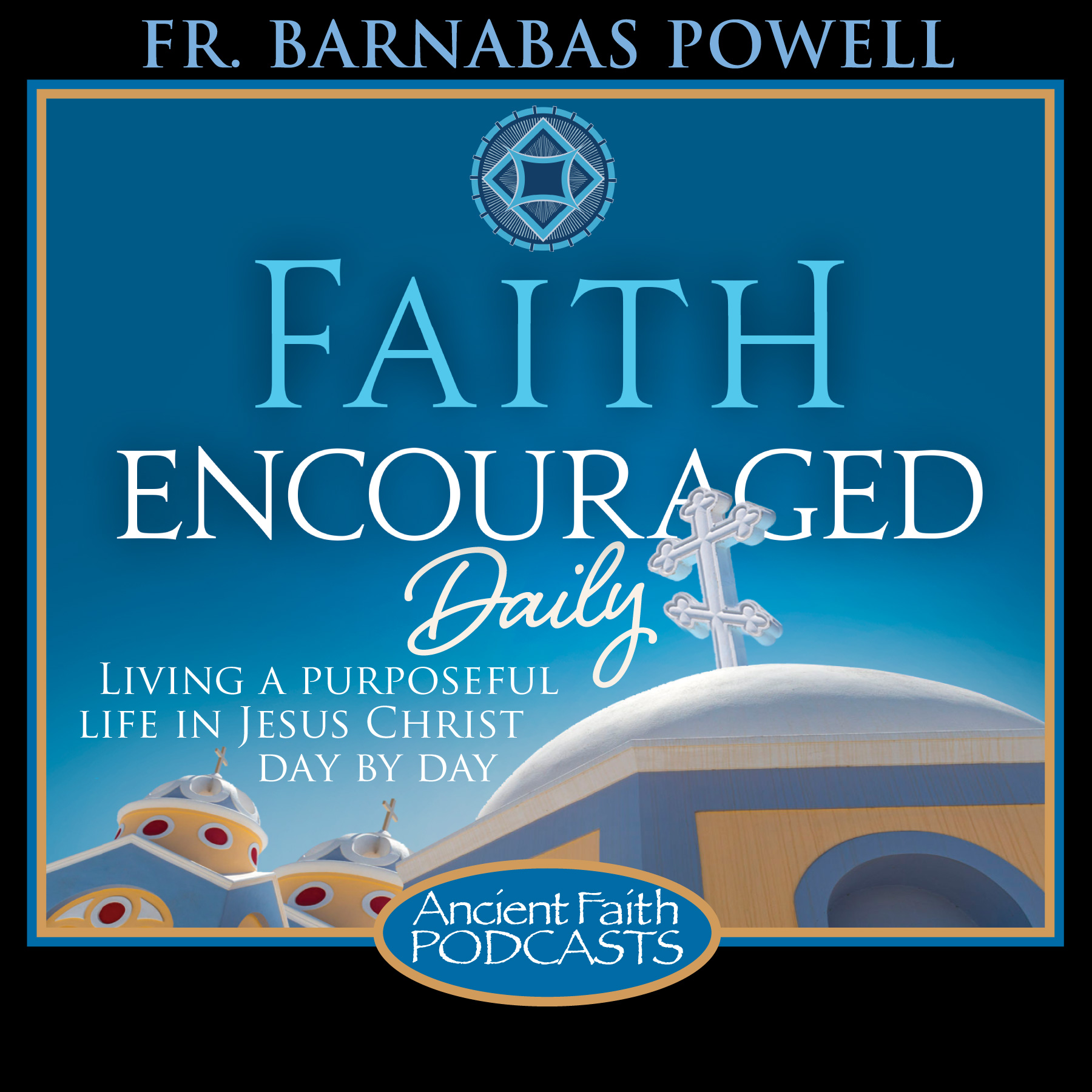I love the old musical, The Music Man, and one of my favorite scenes is when that old conman, Harold Hill, begins to spring his trap on the good folks of River City by pointing out that they have a pool hall in their little town. And we all know what that spells: Trouble with a capital T, and that rhymes with P, and that stands for Pool. You see, Harold needs the townfolks to be worried about their young men and their leisure time so he can sell them imaginary band instruments and uniforms and fake music lessons. So the old conman stirs up the people’s natural fear about what might happen.
We humans live in a world where trouble comes to us. Sometimes those troubles seem to be coming fast and furious. Other times troubles just kind of trickle into our lives with the soul-depressing regularity that threatens to sap our strength and our resolve. Other times, our troubles seem to come out of left field and catch us by surprise. But troubles do come to all of us, so if something like difficult circumstances and troubling times are guaranteed to show up in our lives, why are we so often surprised when these difficult times arrive? And here’s the more difficult question: Why aren’t we ready for them?
Jesus makes an amazing statement in Matthew 26:11 when he says, “For the poor you always have with you.” Now before you think the Lord is saying that it’s okay, let me quickly add this statement comes when the Lord is rebuking some of his disciples for being upset with the woman who anointed his feet with costly ointment. They made the excuse that this was a waste and that the ointment should have been sold and the money given to the poor. The Lord corrects their shallow thinking that mere money was going to solve poverty, and he reminds them: Until the final judgment, we humans are going to have poor people among us. We’re going to have difficult times, but we wouldn’t be able to pass through these times if we only focus on our troubles and ignore him.
Look at our gospel lesson in Luke 6:17-23:
At that time, Jesus stood on a level place with a great crowd of his disciples and a great multitude of people from all Judea and Jerusalem and the seacoast of Tyre and Sidon, who came to hear him and to be healed of their diseases. And those who were troubled with unclean spirits were cured, and all the crowd sought to touch him, for power came forth from him and healed them all. And he lifted up his eyes on his disciples and said, “Blessed are you poor, for yours is the kingdom of God. Blessed are you who hunger now, for you shall be satisfied. Blessed are you that weep now, for you shall laugh. Blessed are you when men hate you and when they exclude you and revile you and cast your name as evil on account of the Son of man. Rejoice in that day and leap for joy, for behold your reward is great in heaven.”
Here the Lord reveals that, actually, people [who] are going through these troubles are blessed. What!? Yes, blessed. People who are poor, people who are hungry, people who are weeping, people who are hated—all these folks are blessed, and they should rejoice. Really? Rejoice in being poor, hungry, weeping, and hated? Well, no, not necessarily rejoicing for these troubles, but rejoicing in a reality beyond the moment. You see, troubles in our lives offer us a singular opportunity to see the poverty of any created thing to either destroy us or to solve all our problems. Difficult times offer us an invitation to grasp that there will be a time when all of these difficulties will be nothing but a distant and irrelevant memory.
The troubles in our lives are flimsy and temporary—unless we foolishly reduce our own lives to temporary and flimsy, and that, dearest, is a lie. We are created in God’s image to be made into his likeness, and we will not suffer these temporary troubles forever. This is the power of the Lord’s words to these people and to us today. He calls them blessed because their temporary troubles invite them to a greater eternal joy and to a hope that these troubles do not define them or reduce their worth or their purpose in the eyes of God. They are not being punished, they are not being forgotten, they are not being abandoned. God knows them, and he will vindicate all their suffering and fill every suffering they’ve ever had with eternal joy. That doesn’t mean we seek out suffering, but it does mean we refuse to allow suffering and trouble to make us less than we are. And all of that hinges on our willingness to see eternally and avoid the temptation to fall into the tunnel-vision of our pain and fear.
Today, are you facing troubles and difficult times? Are you afraid and wondering what to do? Today the Lord invites you to embrace the counter-intuitive reality of the truth that you are blessed during these difficult times with the invitation to see these troubles as temporary and unable to destroy you. Of course, you could choose to allow them to destroy you, but only if you ignore the blessings laying at your feet in the middle of all these troubles.
Go to church. Stand in the middle of that eternal place and watch as your troubles find their proper perspective. Embrace the invitation—to be Orthodox on purpose.

 Fr. Barnabas Powell
Fr. Barnabas Powell